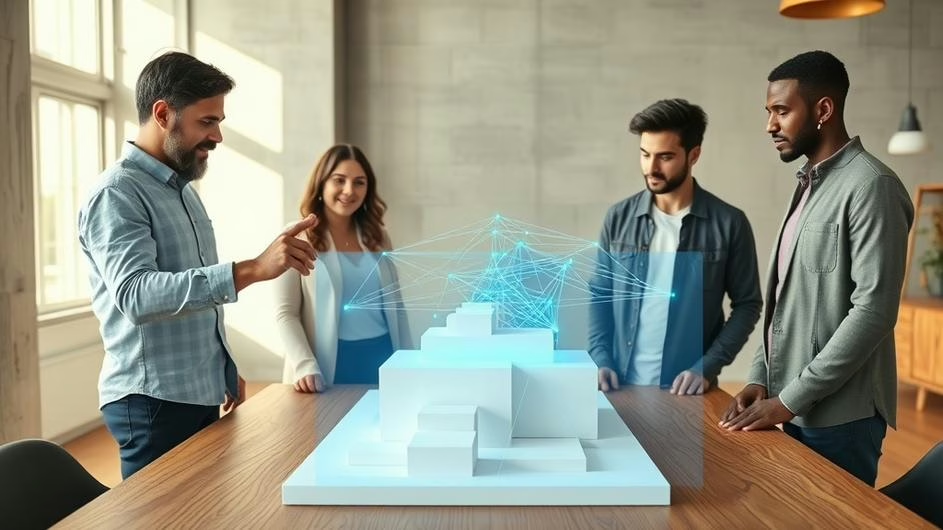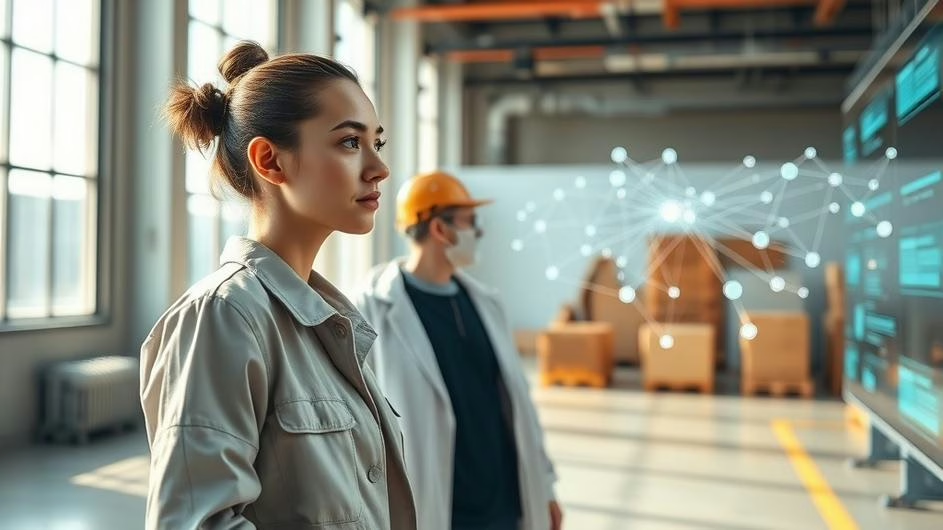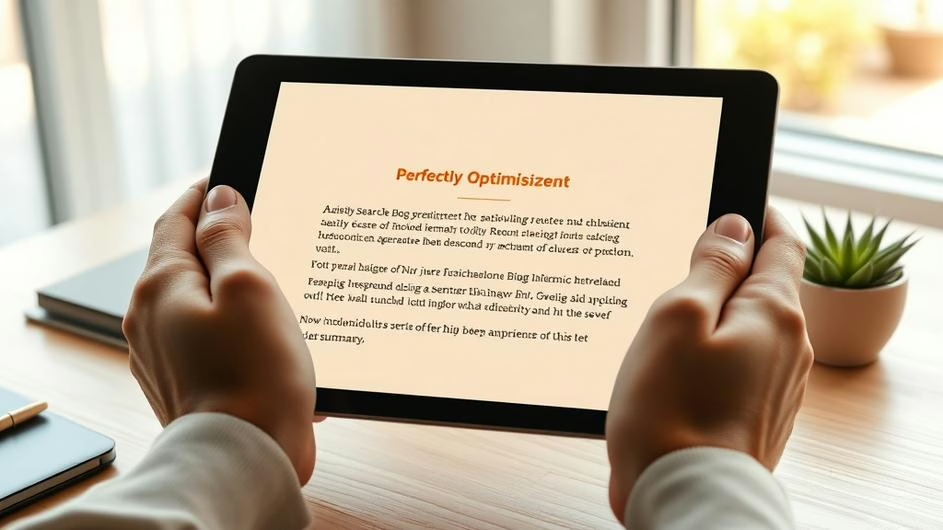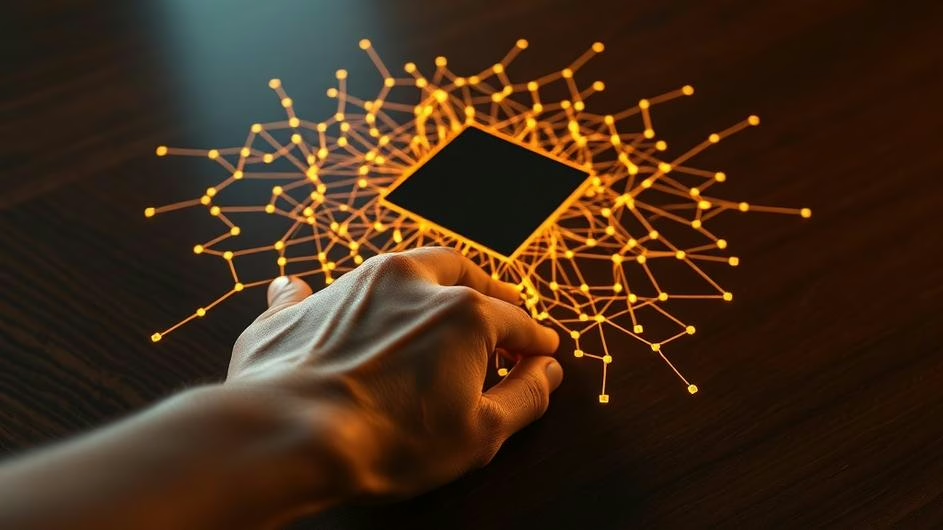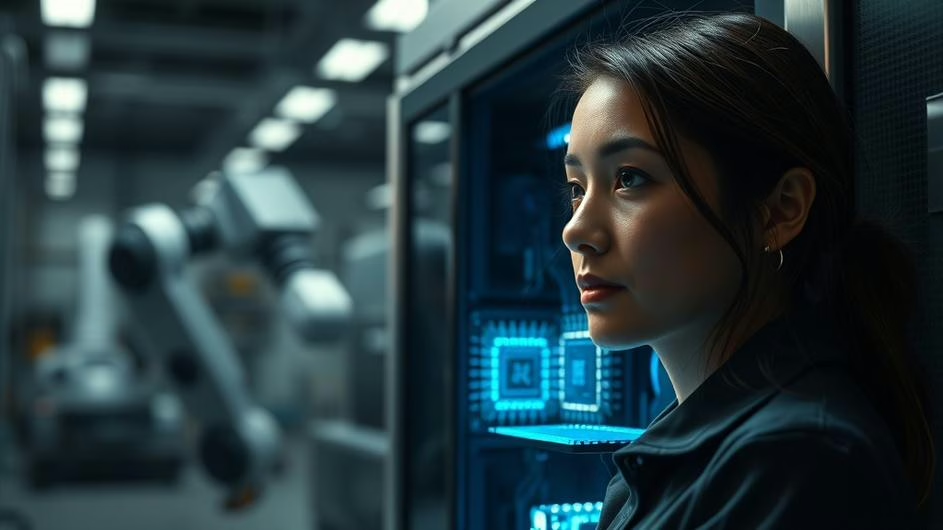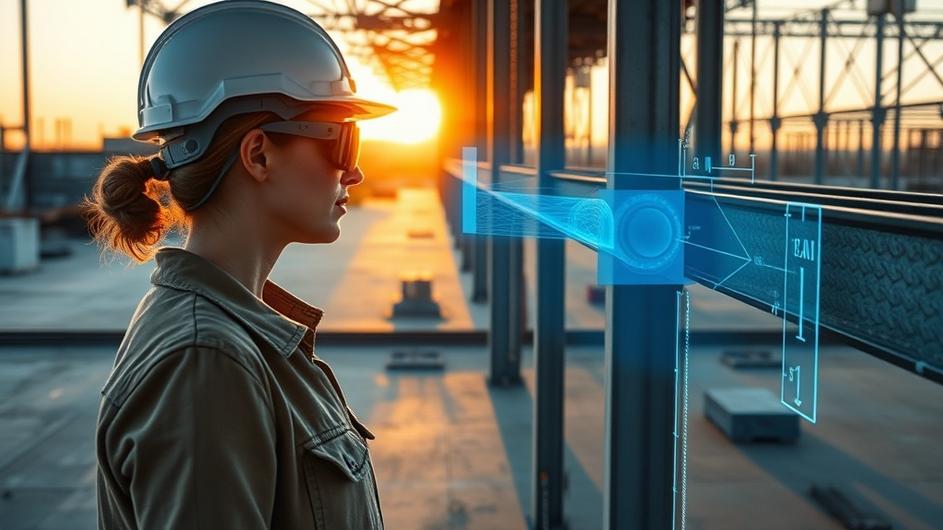
The Evolving AI Frontier: From Personalized Agents to Secure Information Ecosystems
Artificial intelligence is reshaping how we process information, secure digital transactions, and make critical decisions. This past year has brought breakthroughs that showcase AI’s expanding capabilities while highlighting the opportunities and challenges ahead. From healthcare consent generation to fraud detection and personalized AI agents, these advances reveal a clear pattern: intelligent systems aren’t just supporting our choices anymore; they’re fundamentally changing how knowledge flows and trust gets established in our digital economy.
For anyone working in tech, crypto, or blockchain, these developments matter. They signal how AI will integrate with decentralized systems, enhance security protocols, and potentially reshape everything from DeFi governance to smart contract verification.
AI-Generated Medical Consent: Breaking Language Barriers
Researchers recently published findings in Nature showing how GPT-4 can generate informed consent documents for genetic testing. This isn’t just academic curiosity; it’s a glimpse into how AI could democratize access to complex medical information.
The study used zero-shot prompting and retrieval-augmented generation to create consent forms in English, German, Italian, and Greek. The results? Participants often couldn’t tell the difference between AI-generated and human-written documents. In some cases, the AI versions were actually more readable.
Why does this matter for the tech community? It demonstrates how generative AI can bridge accessibility gaps at scale. Think about the implications for blockchain-based healthcare platforms or decentralized medical record systems. AI could help translate complex smart contract terms into plain language across multiple languages, making DeFi and Web3 more accessible globally.
Memory-Powered AI Agents: The Next Evolution
Personalized AI is moving beyond simple chatbots. According to analysis from MarkTechPost, modern agentic AI systems now combine persistent memory, decay mechanics, and self-evaluation to build long-term relationships with users.
Imagine an AI agent that remembers your coding preferences, tracks your DeFi strategies, and learns from your trading patterns over time. These aren’t generic responses; they’re contextually rich interactions based on accumulated knowledge about your specific needs and goals.
This evolution parallels what we’re seeing in AI agents for business transformation. Early evaluations show that memory-enabled agents deliver significantly better results than their stateless counterparts. For crypto traders and blockchain developers, this could mean AI assistants that understand market patterns, remember your risk tolerance, and adapt their recommendations based on your historical decisions.
Google’s BlockRank: Redefining Information Curation
With so much AI-generated content flooding the internet, how do we surface what’s actually valuable? Google DeepMind’s BlockRank offers one answer through in-context ranking (ICR).
Unlike traditional search algorithms that operate as black boxes, ICR gives an AI model specific tasks and documents, then asks it to rank materials based on meaning and relevance. BlockRank uses generative models that understand context at a much deeper level than previous systems.
This matters for the crypto space because it could revolutionize how we discover and verify information about new protocols, tokens, and DeFi platforms. Instead of relying on SEO manipulation or paid placement, users could get rankings based on actual relevance and quality. It’s particularly relevant as AI tokens and crypto innovation continue expanding.

Fighting Fraud with Hybrid Deep Learning
As digital systems get more complex, so do the bad actors trying to exploit them. New research published in Nature presents a hybrid deep learning framework for detecting fraudulent social media accounts that outperforms traditional security methods.
The system combines Temporal Convolutional Networks (TCNs) to track user behavior over time, Generative Adversarial Networks (GANs) to create synthetic training data, and autoencoder-based feature extraction. The result is a platform that not only catches suspicious activity but adapts to new attack vectors.
For the crypto community, this is huge. Fraudulent accounts and social engineering attacks are constant threats in DeFi and NFT spaces. Better fraud detection could protect everything from governance token voting to liquidity pool participation. As crypto security evolves, these AI-powered defense mechanisms will become essential infrastructure.
AI in Physical Infrastructure: The Sellafield Example
AI’s impact extends far beyond digital realms. The UK’s Sellafield decommissioning project illustrates how AI will support massive physical infrastructure projects. This £4.6 billion nuclear waste management effort will rely heavily on smart automation, predictive maintenance, and AI-driven project management.
While not obviously crypto-related, these large-scale implementations matter for blockchain infrastructure too. Data centers supporting Bitcoin mining, Ethereum validation, and DeFi protocols need similar predictive maintenance and automated management systems. As edge computing and AI factories expand, the lessons from projects like Sellafield will inform how we build and maintain crypto infrastructure.
What This Means for Tech’s Future
These developments reveal AI as a connective layer rather than an isolated tool. It’s enhancing information synthesis, personalizing user experiences, strengthening security, and optimizing physical systems. For developers, traders, and investors in the crypto space, this convergence creates both opportunities and challenges.
Transparency will be crucial. As AI systems become more sophisticated, we need clear ways to understand how they make decisions, especially in financial applications. Adaptability matters too; the pace of change means systems must evolve continuously to stay relevant and secure.
Looking ahead, the integration of personalized AI agents, improved information ranking, robust fraud detection, and smart infrastructure management points toward a more human-centric and resilient tech ecosystem. Those who understand and leverage these intelligent systems will help shape not just technology’s direction, but potentially society’s path forward.
The race is on to build AI systems that enhance rather than replace human judgment, especially in high-stakes environments like DeFi and blockchain governance. Success will depend on getting the balance right between automation and human oversight, efficiency and security, innovation and responsibility.
Sources
- “Evaluating GPT-4’s ability to generate informed consent material for genetic testing” – Nature, November 3, 2025.
- “How to Design a Persistent Memory and Personalized Agentic AI System with Decay and Self-Evaluation?” – MarkTechPost, November 2, 2025.
- “Fraudulent account detection in social media using hybrid deep transformer model and hyperparameter optimization” – Nature, November 3, 2025.
- “Google DeepMind Reranks AI-Based Information” – MediaPost, October 29, 2025.
- “Sellafield Ltd appoints suppliers to £4.6bn decommissioning framework” – Construction News, October 31, 2025.





















































